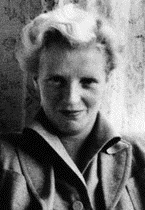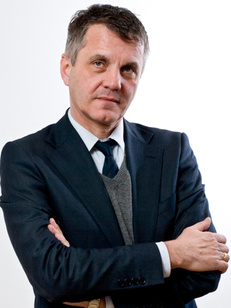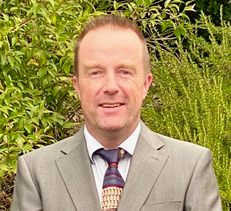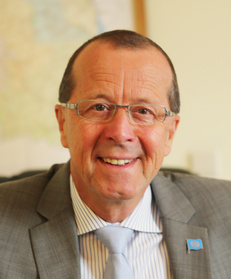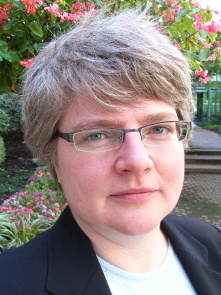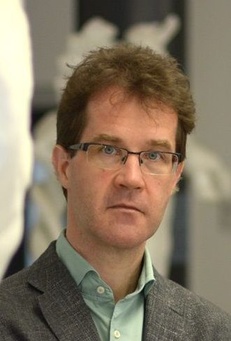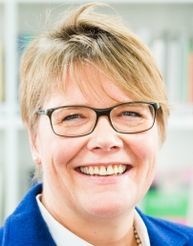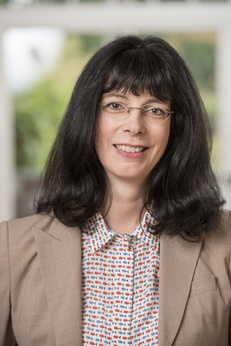Lisa Maskell
Founding member of the Foundation, Chairperson of the Board of Trustees from 1976 to 1998
Lisa Maskell, maiden name Elisabeth Henkel, (born 1914; died 1998) set up the Gerda Henkel Foundation in June 1976 in memory of her mother as a non-profit foundation governed by private law based in Düsseldorf. Gerda Henkel came from a well-known Düsseldorf art family, the Janssens, and Lisa Maskell, a student of sculptor Ewald Mataré, had a great deal of affinity for the Arts and Cultural Studies. She dedicated her foundation to the promotion of the Humanities, particularly the Historical Sciences, History, Archaeology, Art History, Historical Islamic Studies and the History of Law.
Lisa Maskell was made an Honorary Member of the German Archaeological Institute. In 2003, an auditorium in the Faculty of Arts at Heinrich-Heine-University in Düsseldorf was named after her.
Lisa Maskell remained the chairperson of the Foundation’s Board of Trustees for more than 20 years and always closely followed the use of funds and the development of research activities. After her death in 1998, her eldest daughter Anette Petersen-Brandhorst was elected chairperson of the Board of Trustees.



